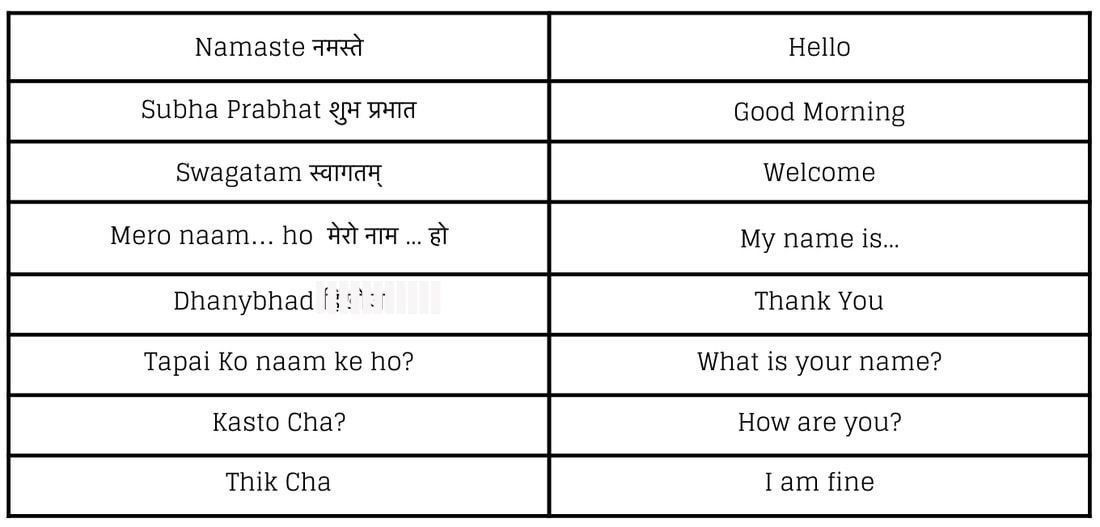Nepali people are known for their welcoming nature and understanding towards visitors. However, taking the time to learn a few local customs will enrich your experience

Image source: abelpau (Flickr)
Nepal, a country renowned for its breathtaking landscapes, vibrant culture, and warm hospitality! Nepali people are known for their welcoming nature and understanding towards visitors. However, taking the time to learn a few local customs will enrich your experience and foster meaningful interactions during your stay.
Namaste: The most common greeting is "Namaste," pronounced "na-ma-stay." It involves pressing your palms together in front of your chest and slightly bowing your head. "Namaste" goes beyond a simple "hello," meaning "I bow to the divine in you," acknowledging the spiritual aspect within each person.
Addressing Others: Showing respect, especially to elders, is crucial. When addressing someone older, use "dai" for older brother, "didi" for older sister, "hajur" as a term of respect, "aama" for an older woman, and "buwa" for an older man.
Personal Space: While Nepalis are generally warm and welcoming, they tend to prefer a bit more personal space than some Western cultures. Avoid standing too close or making excessive physical contact.
 When visiting temples and religious sites, dress modestly, covering your
shoulders and knees. Remove your shoes before entering and always ask for
permission before taking photographs. Remember to walk clockwise around stupas
and temples, a practice known as "kora." It's important to note that touching
religious objects is generally not permitted for Visitors.
When visiting temples and religious sites, dress modestly, covering your
shoulders and knees. Remove your shoes before entering and always ask for
permission before taking photographs. Remember to walk clockwise around stupas
and temples, a practice known as "kora." It's important to note that touching
religious objects is generally not permitted for Visitors.

Bargaining: Bargaining is a common practice in markets and for services like taxis. Engage in good-natured negotiations, but always be respectful of the vendor's livelihood.
Food and Drink: When eating, use your right hand, as the left hand is considered unclean. It's polite to offer food to others before you begin eating, and finishing your plate is a sign of appreciation. If you need to refuse food, do so politely with a hand gesture and a brief explanation, such as "I'm full, thank you."
Gifts: While gifts are not always expected, a small, thoughtful token is appreciated.
Time: Keep in mind that Nepal has a more relaxed concept of time. Be patient and avoid rushing interactions.
